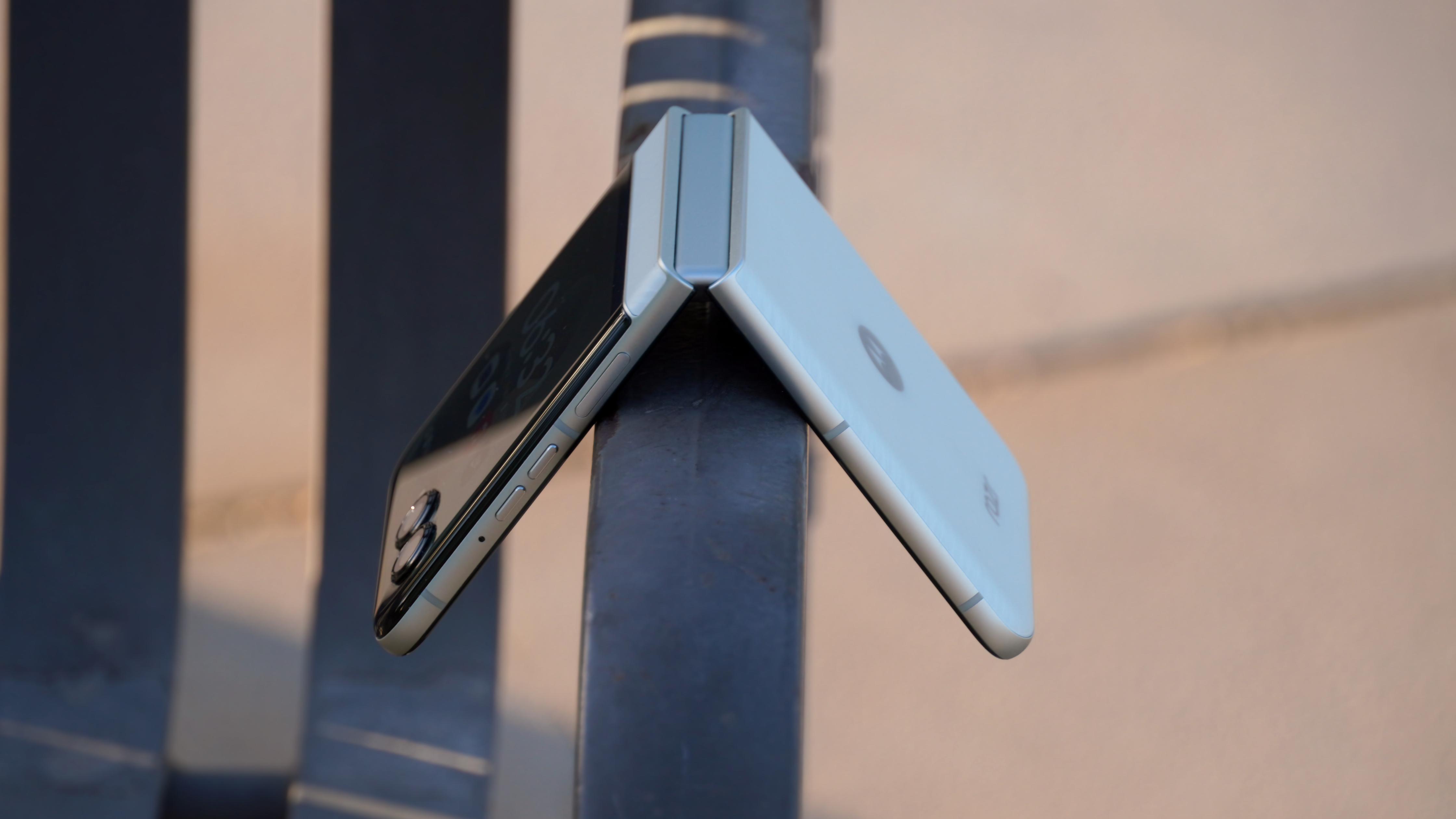The Tensor G4 is a key piece of Google's smartphone vision
The Tensor G4 will be another fairly average chip except where Google thinks it counts.
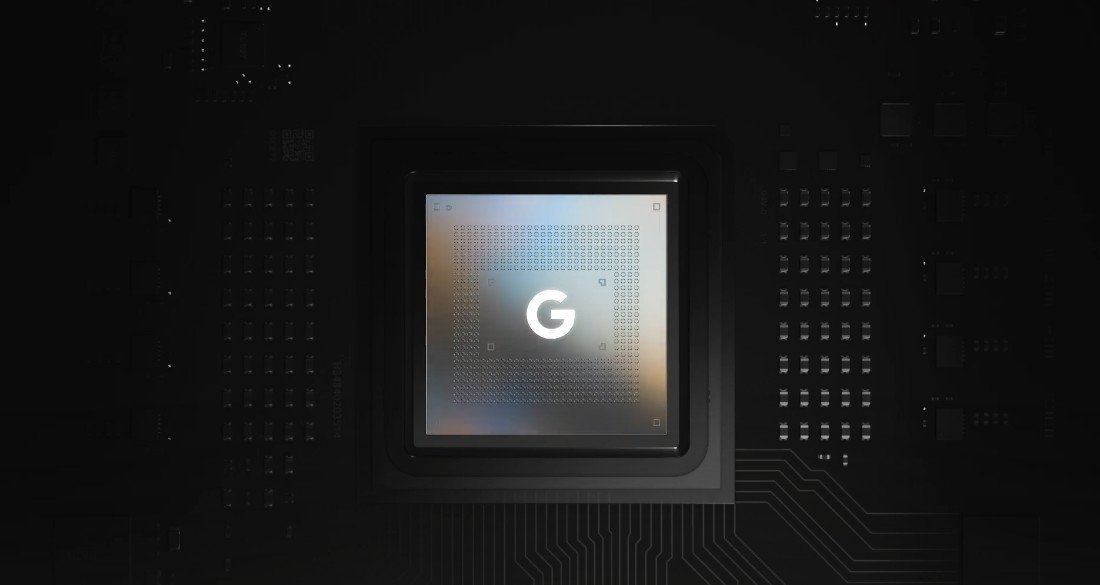
Google's Tensor G4 chip has leaked out and there isn't anything that should surprise anyone. We don't know everything about the new processor, but what we've seen shows that it will be a continuation of what Google thinks is important, and best when it comes to a smartphone's brainbox.
In a set of leaked benchmarks — which really mean nothing to anyone who doesn't love running benchmarks — the G4 slightly outperforms its predecessor. That's because the processor core architecture and arrangement are pretty standard; ARM v9-A cores in a 1-3-4 arrangement.
If that doesn't make much sense to you, that's OK because you don't need to know the numbers and lingo. This is a standard ARM processor without all the turbocharging that companies like Apple and Qualcomm love to do when it comes to making chips.
While this processor will probably be just fine for most of us, it's not going to excel at playing games or doing any CPU or GPU-intensive tasks for an extended period of time. In this regard, it will act much like the Tensor G3 that powers the Google Pixel 8 series.
Where it should show improvement are the areas that Google thinks really count: security and AI. Again, much like the G3 compared to the G2. If you notice a trend here, you've stumbled across Google's not-so-secret recipe when it comes to making a "better" smartphone.
The Google way
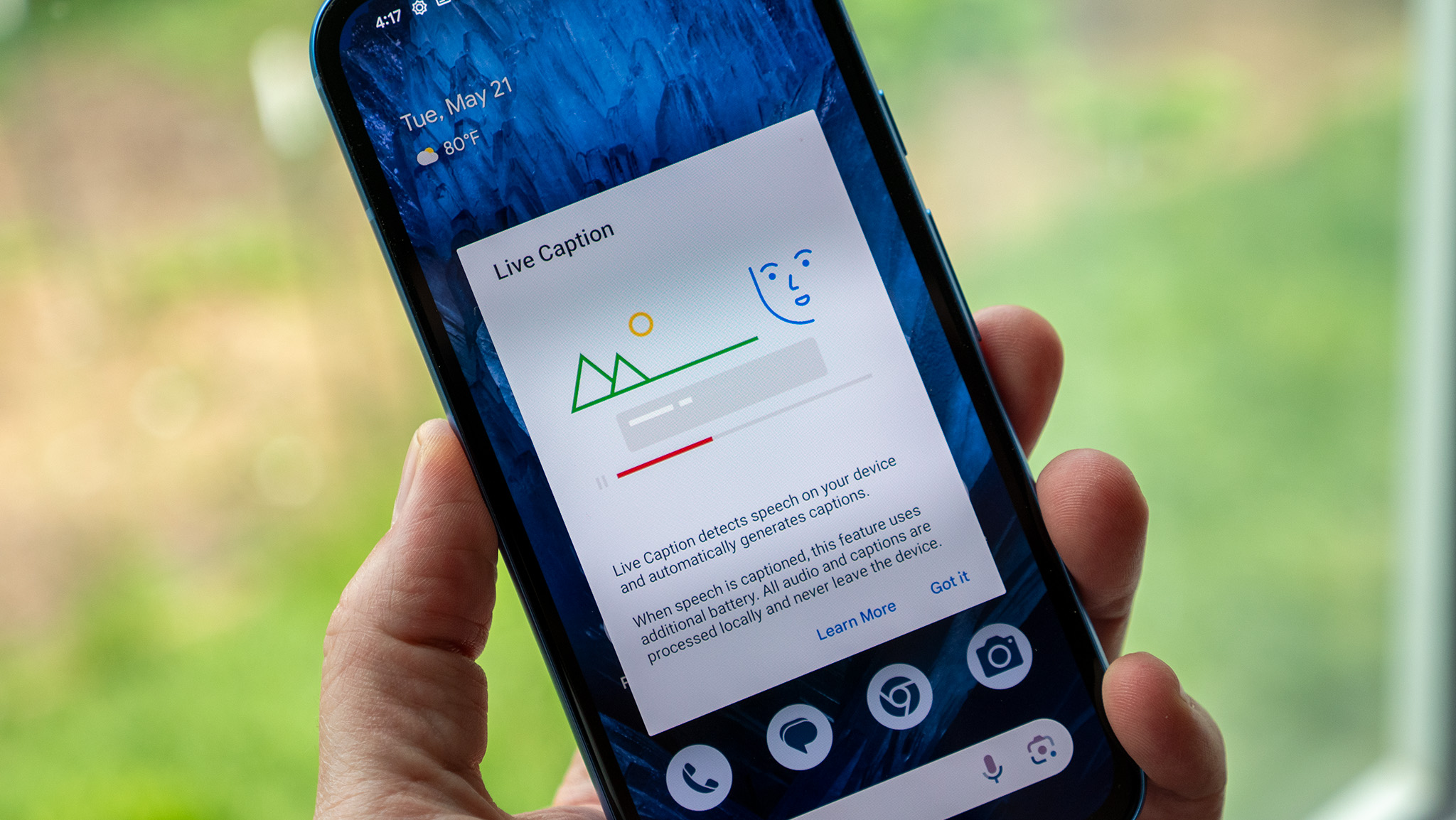
Not so long ago, the most important thing about a phone chip seemed to be the processor clock speed and how "powerful" the chip was. Bigger numbers meant a better chip, which meant a better experience in a better phone. For some folks in some cases, this is still true. But not for Google.
Google seems to want to balance a handful of important things while designing a chip specializing in the key areas where the company does things differently. It's been semi-successful and each generation is a little better at doing it than the last.
Get the latest news from Android Central, your trusted companion in the world of Android
The biggest and arguably most important thing Google needs to consider is the power wall. Tiny batteries power phones and have an abysmal lifespan. That means efficiency matters.
A phone chip isn't a car engine. You can't keep pushing a fuel mixture into it to push it faster and faster because the supply is limited and there's no easy way to get rid of the heat it creates. The only solution is to limit the "top speed" in a way that causes less heat while using less energy. Google doesn't do a great job at this, though each generation of chip does better than the last. Hopefully, the G4 continues this trend.
in addition to trying to create a chip that's more efficient, Google is going the specialization route. A phone chip isn't monolithic and there are specialized processors and processor cores designed for specific tasks. This allows the chip to allocate resources more effectively, at least in theory.
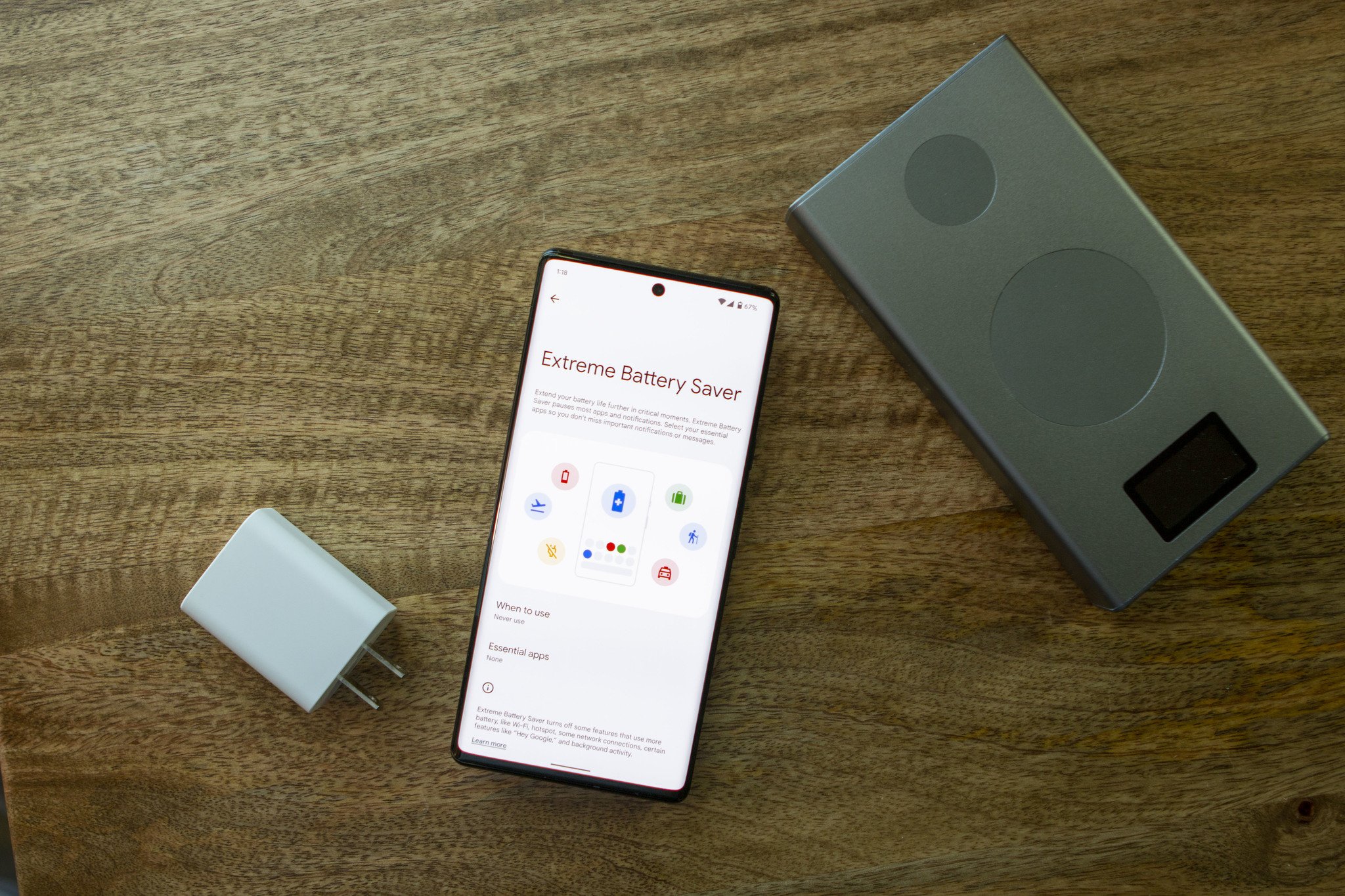
Imagine a team of people who specialize in different areas. You have a few people who are stronger than average and can do "heavy" work, a mathematician or two who can handle intense calculations quickly, maintainers who make sure things run how and when they should, a security guard who keeps order, and a manager who oversees everything.
This is how a modern phone chip and kernel operate. Certain parts are better than others when it comes to specific tasks and when everything is routed correctly and done by the right team, things run more smoothly. Google isn't alone in this regard; every company that designs SoCs (System on Chip) uses this blueprint. The difference is where Google places the chip's strengths.
If you didn't already know, I'll tell you — don't buy a Pixel phone if you want to play games or have the most powerful chip. Google has never been great in these areas and probably never will. If you need power and speed, buy a phone with a new Qualcomm chip. If you need the most powerful and fastest chip, buy an iPhone.
Google thinks people are better served in a completely different way. In Google's vision, modern smartphones are defined by AI. While 2024 seems to be the year of the AI beast, this really isn't something new; Google has been heavily leaning on AI since the days of the Nexus 5. the birth of the Pixel series, and more importantly, the Tensor SoC, allows Google to do more of it.
That doesn't mean Google Gemini replacing Assistant or AI-powered search results. Those are examples of stupid AI coming faster than necessary because nobody — including Google — is really ready for them. I'm talking about on-device edge computing models powered by Google's machine learning algorithms.
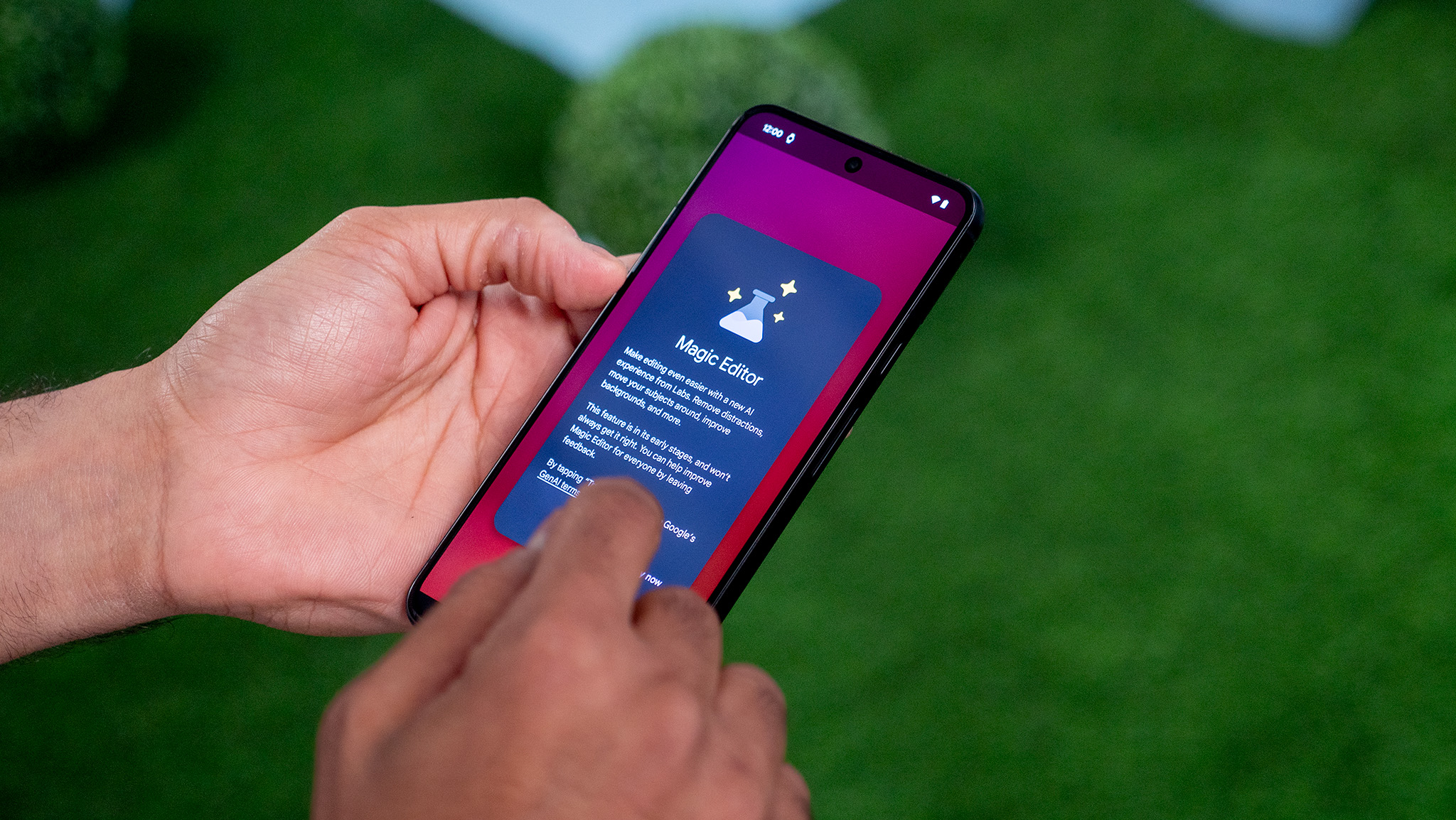
This is the kind of AI we actually enjoy. Oddly enough, it's also the kind of AI that many of us don't know is powered by AI. I'm not sure if there is a correlation there or not.
Either way, when AI makes your battery last longer, your photos look better, helps you talk to people who speak a different language, and can better understand what it hears, we love to use it. Google is a software company and can do this with software provided it has the right access to the right hardware. That's why the Tensor chip is designed the way it is.
Google has no idea if its vision of the perfect smartphone will resonate with us, but it's counting on it. Pixel phones are polarizing among the tech community and for every person who loves them there is one that hates them.
Android is an extremely competitive and unique commodity. With so many great minds working on different ways to use and present it, Google isn't guaranteed to win here. The best thing it can do is continue to run with what it thinks is working, and the Tensor G4 is proof that it is doing just that.

Jerry is an amateur woodworker and struggling shade tree mechanic. There's nothing he can't take apart, but many things he can't reassemble. You'll find him writing and speaking his loud opinion on Android Central and occasionally on Threads.
You must confirm your public display name before commenting
Please logout and then login again, you will then be prompted to enter your display name.
